Not all medicines start out in labs; many life-saving medicines come from plants or animals, and more are being discovered all the time.


Not all medicines start out in labs; many life-saving medicines come from plants or animals, and more are being discovered all the time.

How does a flock of geese or a desert ant find its way without getting lost? Learn about the many strategies and adaptations animals use to help them navigate.

What happens to the stuff you no longer need? In this interview, author Edward Humes describes the huge amount of trash created in the United States and explains where it goes when we throw it away.

Artist Stephen Wiltshire is know around the world for his detailed panoramas of cities drawn from memory. Read this article to find out how his autism may help him focus his brain to produce such extraordinarily detailed works. Then click on the link to view a slideshow of his drawings.

Follow the Mars Curiosity Rover mission in real-time by checking the updates and images on this site.

When a bird sings, it’s telling you what it is and where it is. Learn bird calls and open a new window on your birding.

Learn about the hardships and decisions made by one of the most Important scientists of the 20th century.

Scientists have learned that wild parrots make tools, talk to each other in their own language, and can prevent poisoning themselves. Read more about the intelligence of these smart birds.
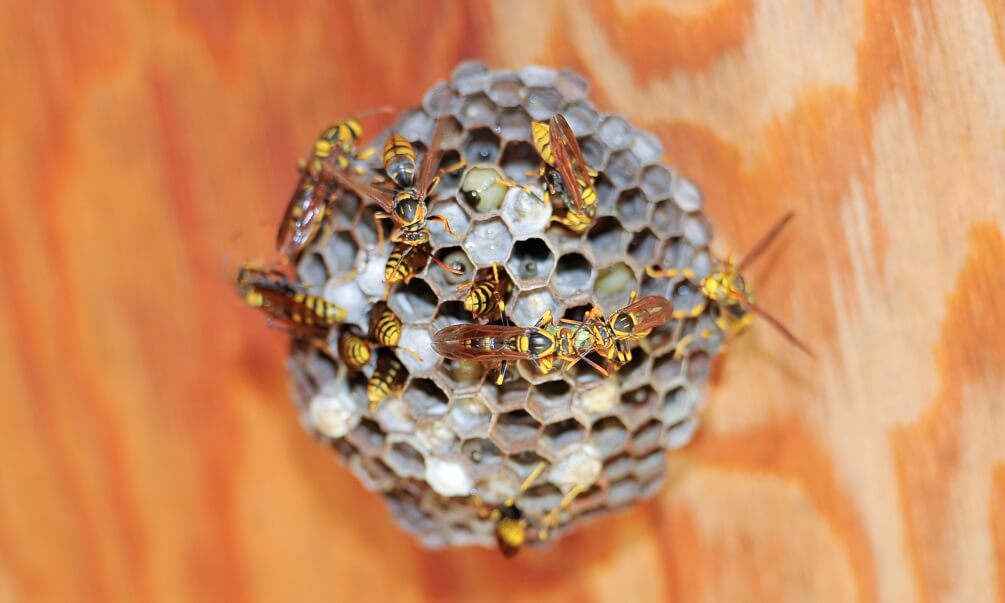
A recent arrival to the United States, Vespa mandarinia is a species of hornet capable of stinging multiple times and destroying honeybee colonies.

With travel curtailed by a global virus outbreak, one good alternative for seeing the world is this virtual tour.
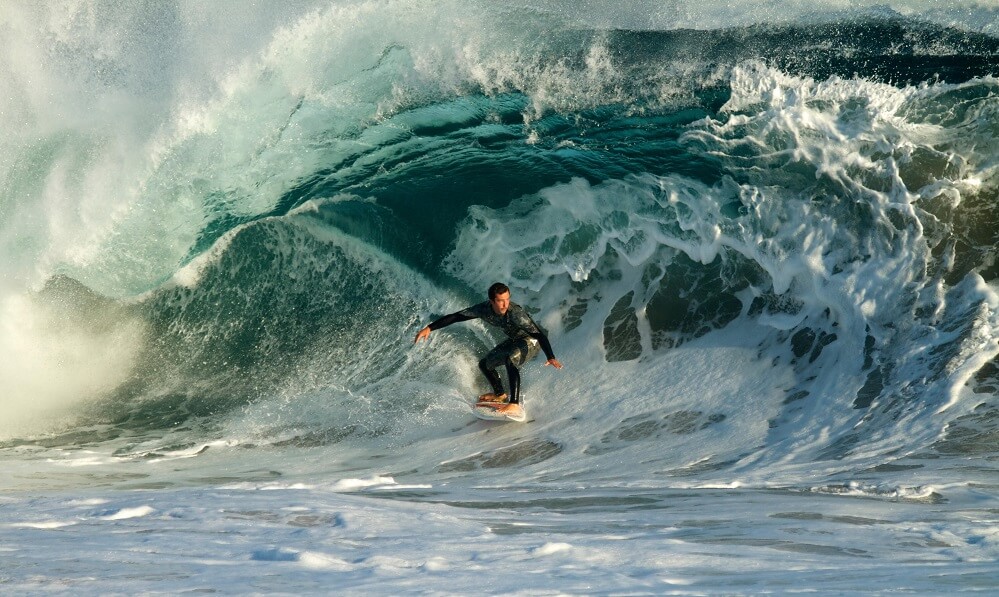
Click the video links to see an amazing natural phenomenon and learn why it happens.

Wildfires can spread fast and devastate all in their path. Peruse the Ready for Wildfire website to see how to prepare or get involved to help those effected.
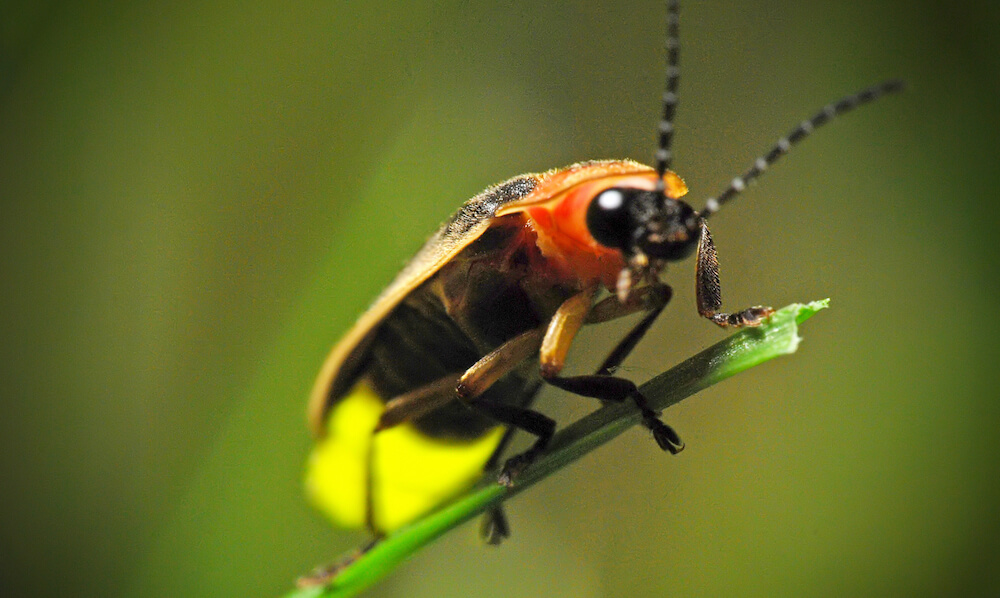
Scientists consider whether animals are intentionally deceptive based on how they interact with other animals.
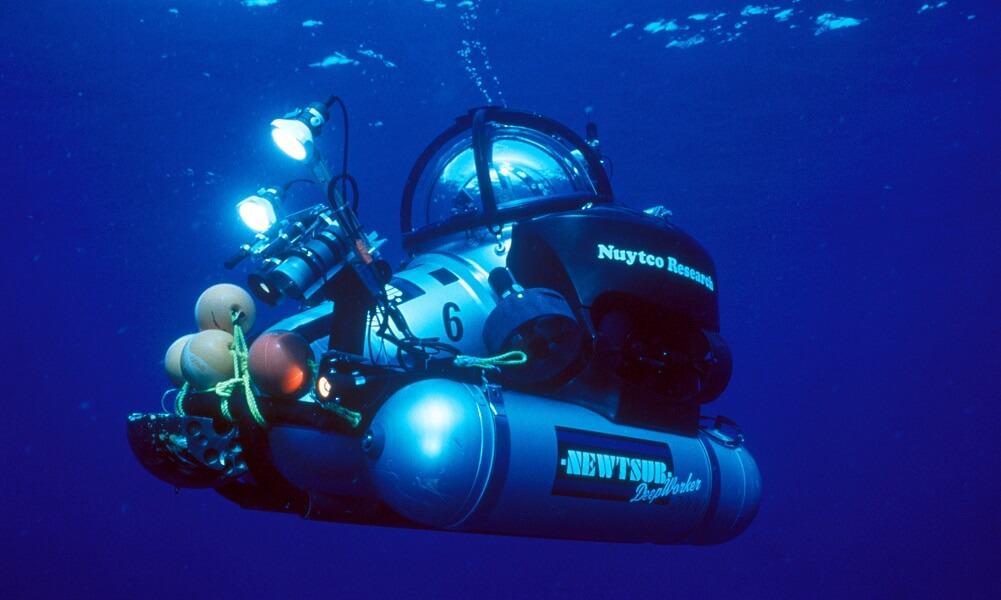
Exploring one of the most remote places on earth, a deep-sea diver found new species as well as something depressingly familiar.
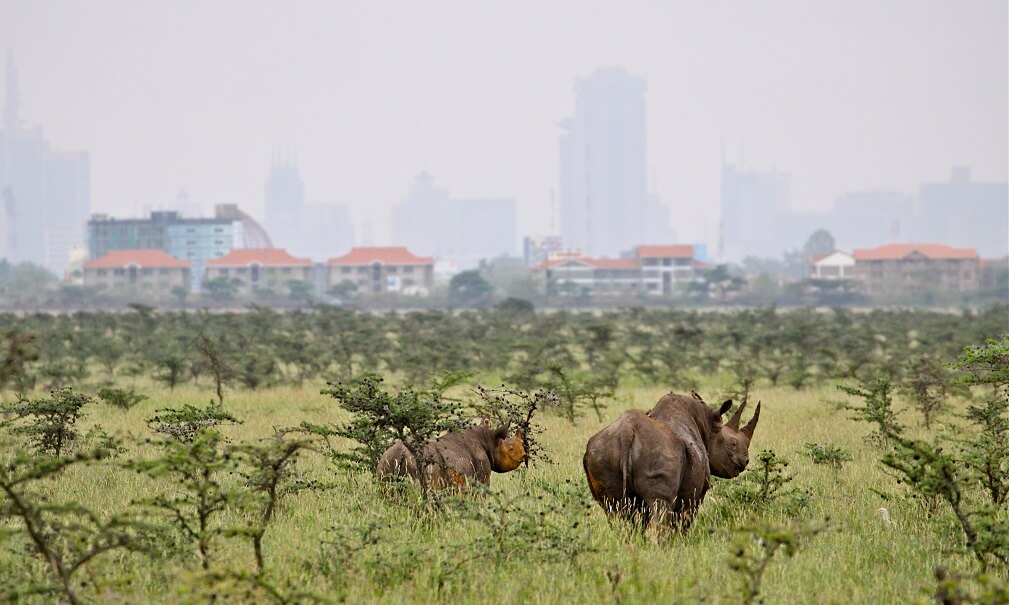
A surprising side effect of the lockdowns imposed during the global coronavirus pandemic is the sight of wild animals on deserted city streets.
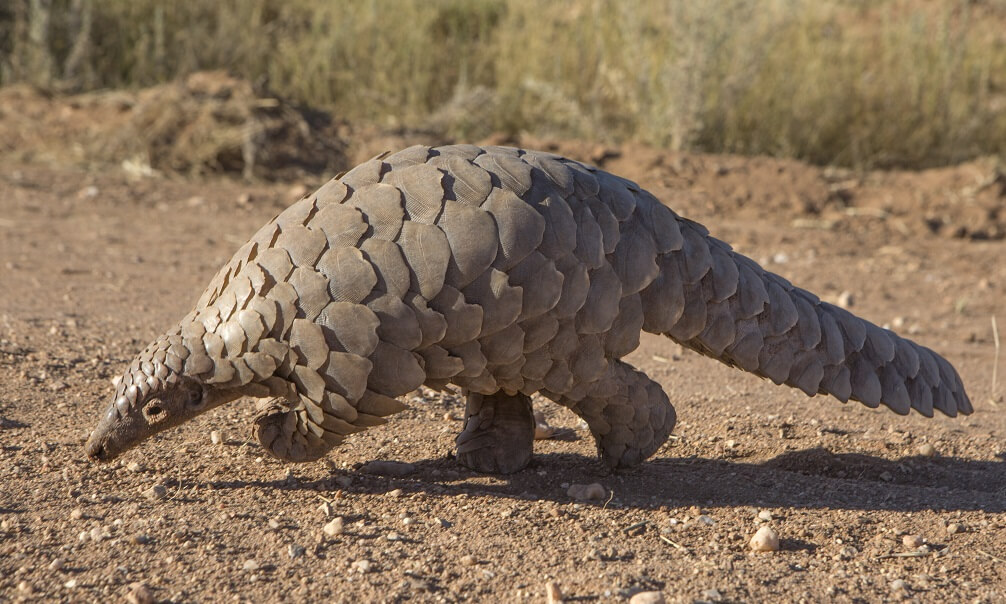
Learn about the complicated path a virus must take to jump from animals to humans.

Have you ever heard of an adrenaline rush? This article by Josh Clark describes how a rush of adrenaline, brought on by a fearful situation, can give someone “superhuman” strength.

Scientific studies are proving that horses have better memories and more intelligence than previously thought.
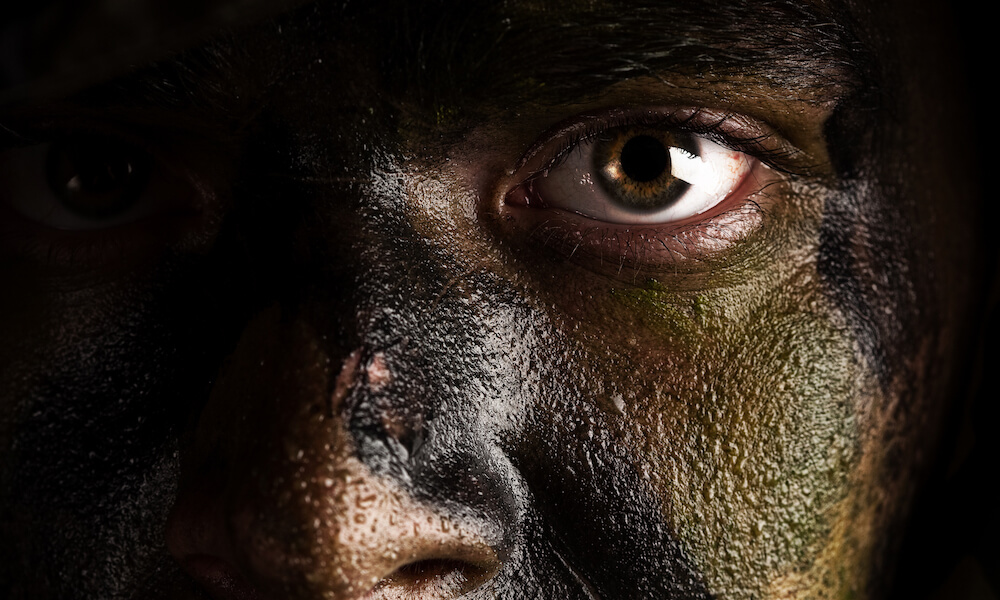
Watch the video to see a real-life invisibility cloak! Thanks to innovative technology, humans are one step closer to achieving invisibility, which can have practical and military applications.

For most of human history, our view of the universe has been limited to only what the eye could see. But the ingenuity that spurred the Renaissance gave us the beginnings of a more distant view that revolutionized our understanding.